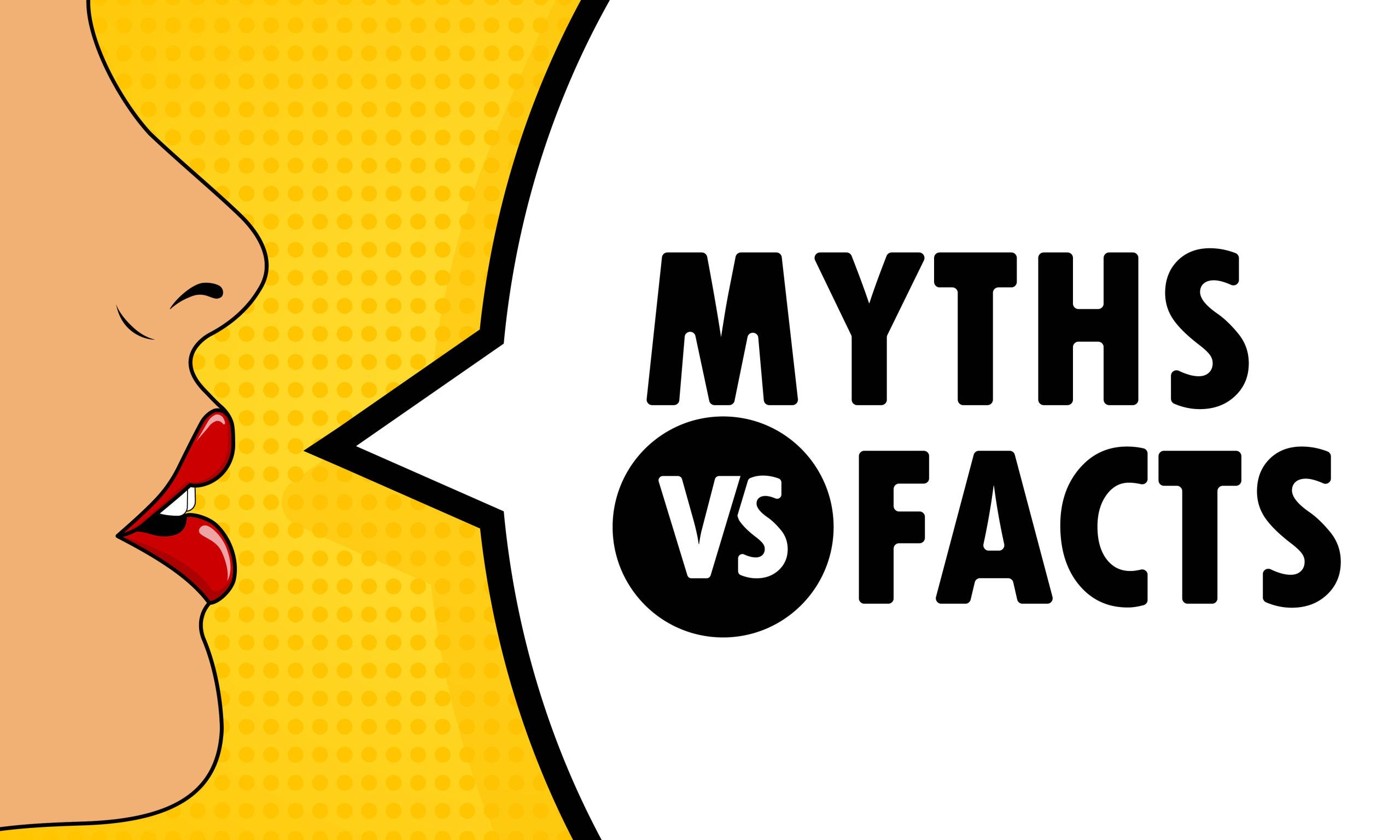GENEVA: Seventy-two specialists in nicotine science, policy and practice have written to WHO and its stakeholders asking that they “adopt a more positive approach to new technologies and innovations that have the potential to bring the epidemic of smoking-caused disease to a more rapid conclusion”. The letter coincided with the start of eighth session of the Conference of the Parties (COP8) to the World Health Organization’s Framework Convention on Tobacco Control (FCTC) held in Geneva, Switzerland from October 1-6.
In a direct appeal to WHO Director-General Dr Adhanom Ghebreyesus, the group stress that much has changed since the FCTC was signed in 2003, stating that it was “impossible to ignore” Alternative Nicotine Delivery Systems (ANDS), which they say are established and new technologies that deliver nicotine to the user without combustion of tobacco leaf and inhalation of tobacco smoke. According to the US Department of Health and Human Services, over 5,ooo carcinogens, known to cause, initiate or promote cancer, are present when tobacco leaf is burnt. The group argues that e-cigarettes or vaping or Snus are less harmful than “high-risk products” such as cigarettes, and are “beyond reasonable doubt, much lower risk than smoking products” according to the authors.
The collective ask that as “tobacco harm reduction” is already defined in “tobacco control” FCTC (Article 1.d), that WHO may be open to some “guiding principles” such as “Tobacco harm reduction is integral to tobacco control” that “the major distinction between nicotine products is whether they are combustible or non-combustible” and that “tobacco harm reduction is supportive and synergistic with the ‘MPOWER’ policies that underpin the FCTC”, among others the group put forward. (A link to the full letter can be found below).
The group pulled no punches, claiming the organization appeared to be failing in its mandate: “WHO and the Convention Secretariat are not embracing these principles and in many cases are doing the opposite” and that “it is time for tobacco control to embrace tobacco harm reduction”.
The authors, all harm reduction specialists in their own right, are from both sides of the hemisphere and include among other countries represented, New Zealand, Australia, France, the US, Malaysia, Greece and the UK.





